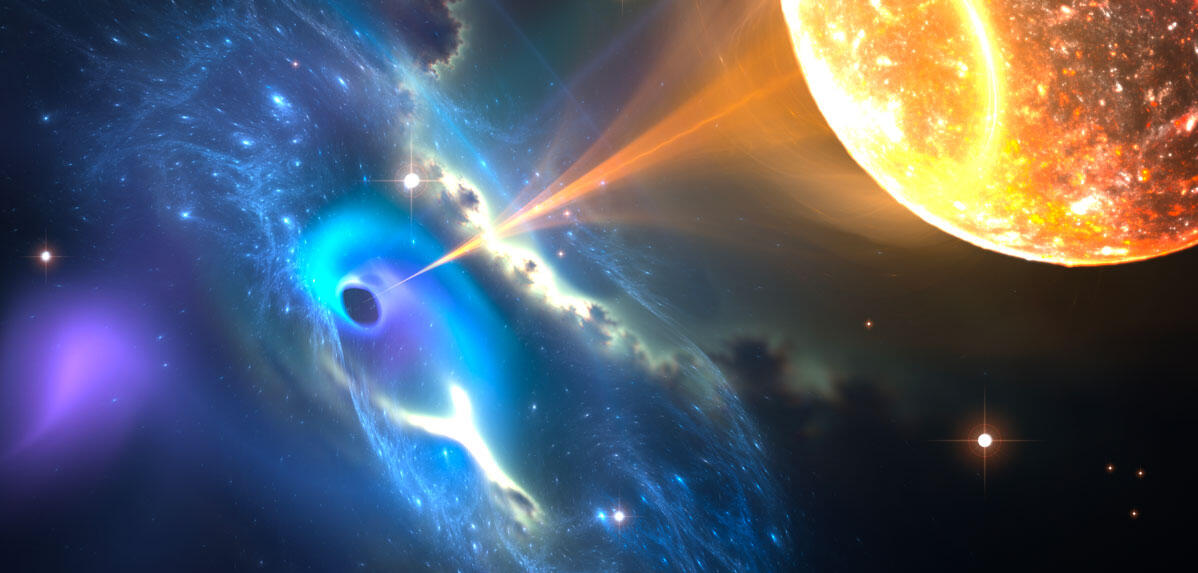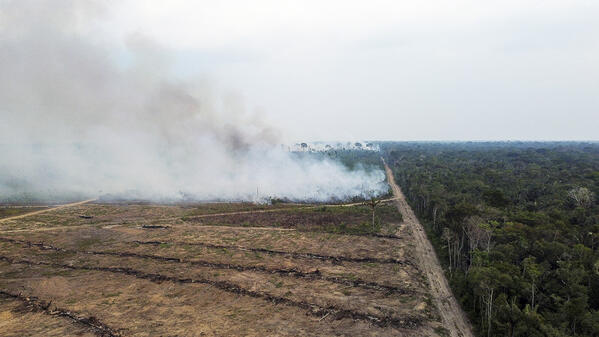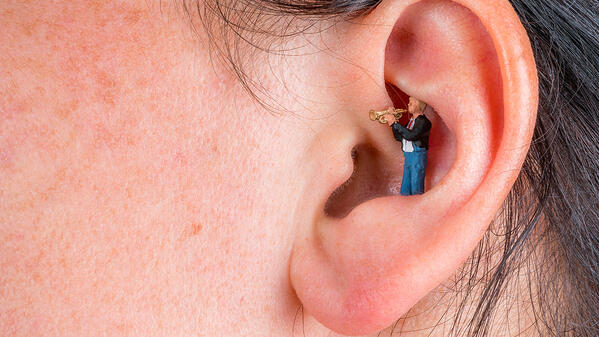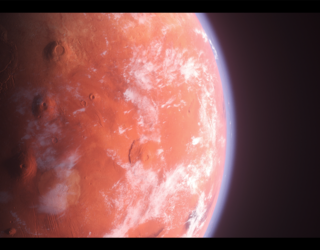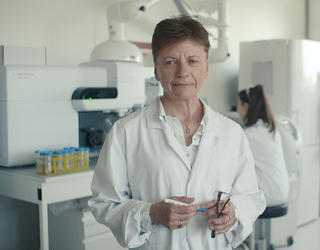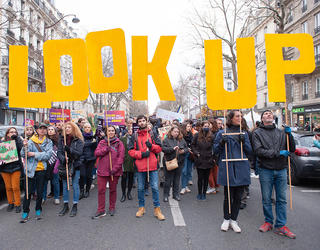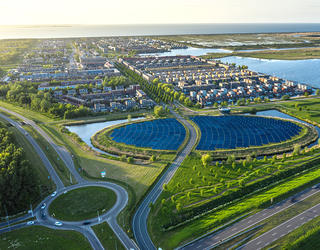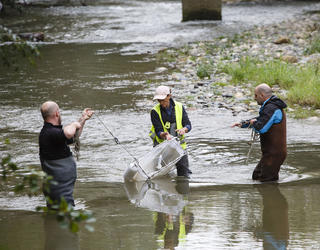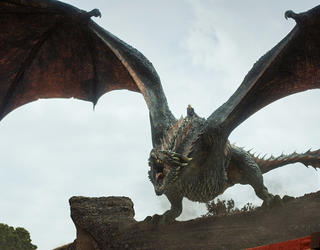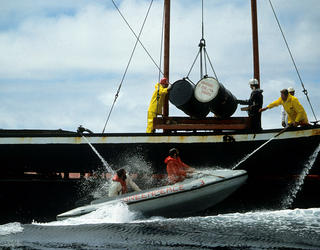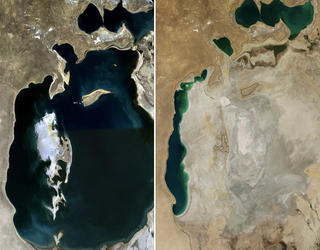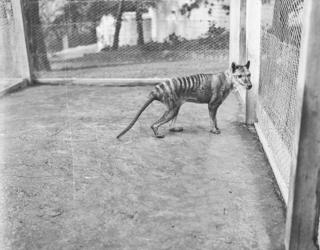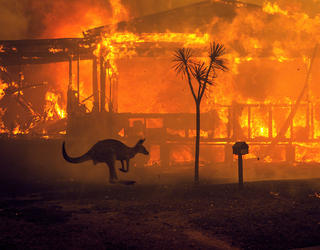The recent discovery of a binary system containing an extremely rare object, the most massive black hole (apart from SgrA*) ever detected in our Galaxy, calls into question the models for the formation of these bodies.
Article
04.24.2024
On our planet, everything is interconnected, from terrestrial and marine ecosystems and biodiversity to ice sheets, rivers and oceans. But a recent report reveals that the dynamics of these different systems is being destabilised by human activities to such...
Article
04.18.2024
Research on tinnitus, a recent investigative field, is now enabling a clearer understanding of the causes and effects of this symptom that affects nearly eight million people in France.
Article
04.14.2024
Our topics
10.02.2022
Polar auroras are fascinating events that are regularly visible on Earth. Yet do they occur on other planets, such as Mars for example? And if so, how can they be observed? In this report,...
08.16.2022
She has just been awarded the 2022 European Inventor Award. Claude Grison, director of the ChimEco laboratory, has developed phytoremediation methods for decontaminating soil and water, using plants...
06.24.2022
A specialist in deep-sea ecosystems, marine biologist Françoise Gaill takes action on an international scale to protect the oceans through the Ocean & Climate Platform.
05.20.2022
What impact do the IPCC reports have? Do society, the media and politicians take enough notice of them? Do climate sceptics still have significant influence? CNRS News talked to Valérie Masson-...
05.20.2022
One of the five main objectives of the EU’s Horizon Europe research programme is to see 100 cities attain carbon neutrality by 2030. Christophe Ménézo, a specialist in photovoltaic solar energy,...
05.20.2022
Restoring our oceans, seas, and coastal and inland waters by 2030 is the goal of the Horizon Europe programme's Mission Starfish 2030. Agathe Euzen, deputy scientific director of the CNRS...
04.26.2022
As we await the release of the prequel “House of the Dragon”, scheduled for this coming autumn, here are the answers to three questions that you might not have thought to ask about the cult...
04.26.2022
Between the 1950s and 1990s, some 200,000 barrels of radioactive waste were dumped by European nations into the North East Atlantic. Scientists are set to assess the condition of the barrels today...
04.13.2022
Faced with growing disruption to the water cycle, leading to severe flooding and drought together with increasing water pollution, humans are struggling to adapt. But are ever-greater water storage...
03.16.2022
With so many species endangered or already extinct, scientists are pointing to the importance of keeping their memory alive in the collective consciousness. According to the ecologist Franck...
02.28.2022
Climate change has done more damage than expected, but options still exist for moving forward, explains the CNRS biologist Camille Parmesan, who helped draft the “Impacts, Adaptation and...
02.22.2022
The United Nations declared 2022 the International Year of Glass, whose official launch took place on 10 and 11 February in Geneva, Switzerland. Researcher Daniel Neuville provides a brief yet eye-...


